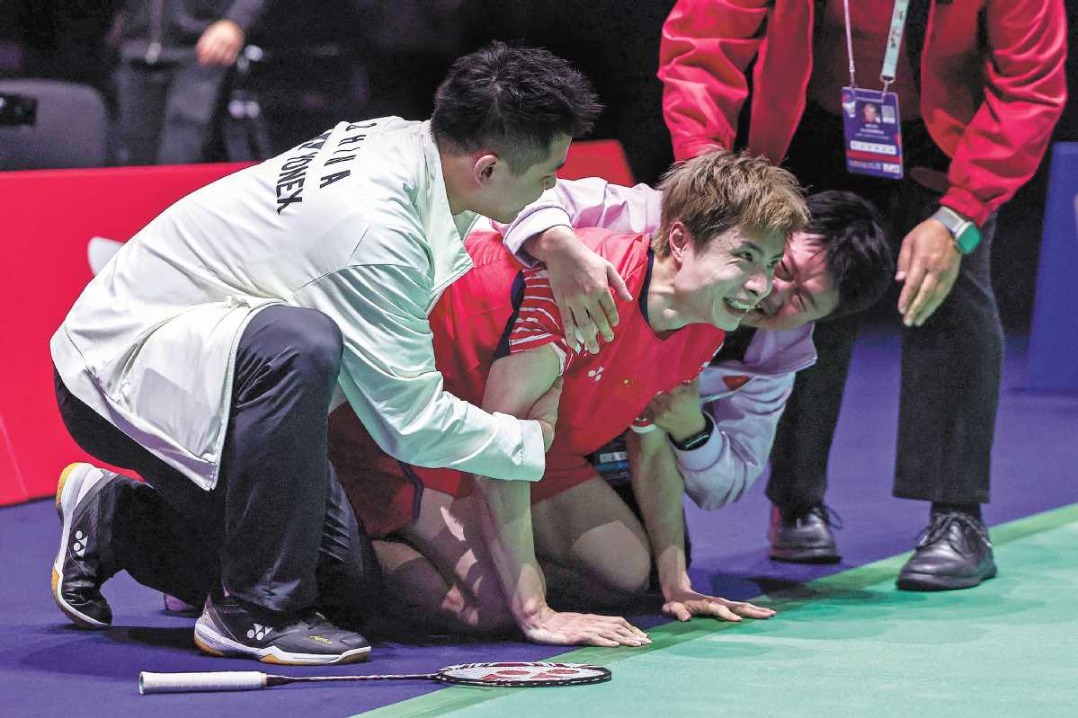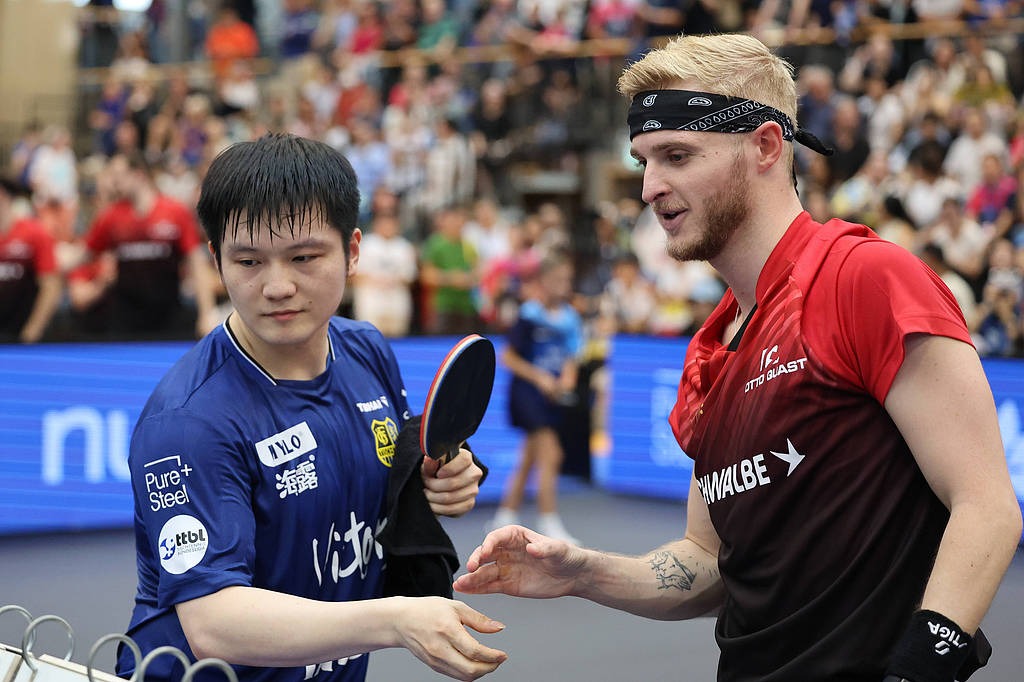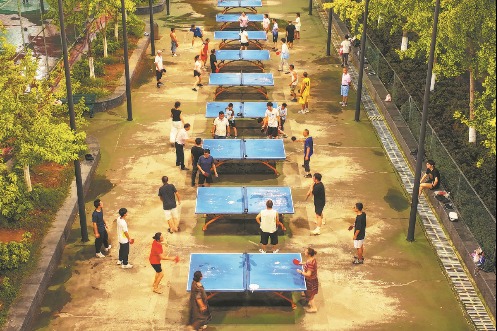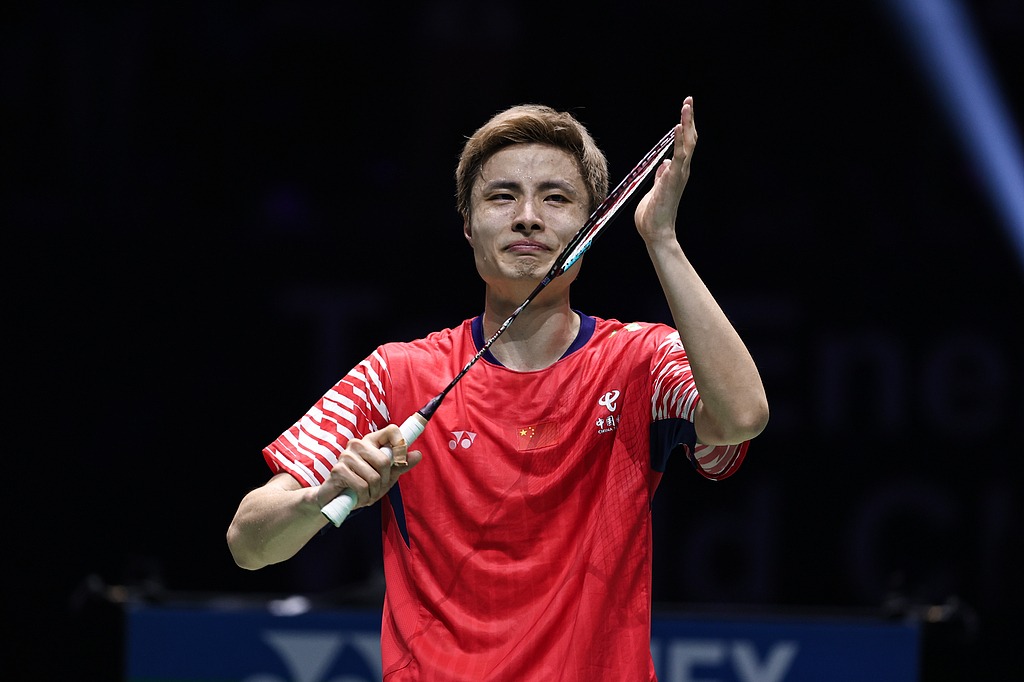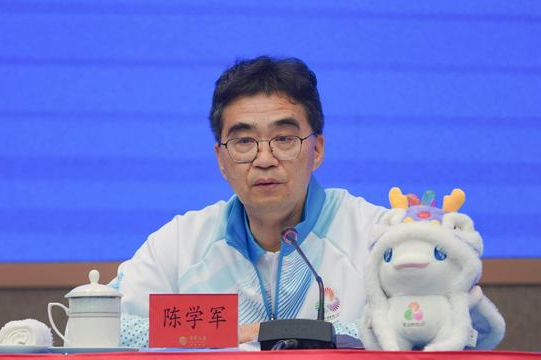National Winter Games put icing on Olympic legacy
Sports' popularity boosted across country, thanks to wider representation at event

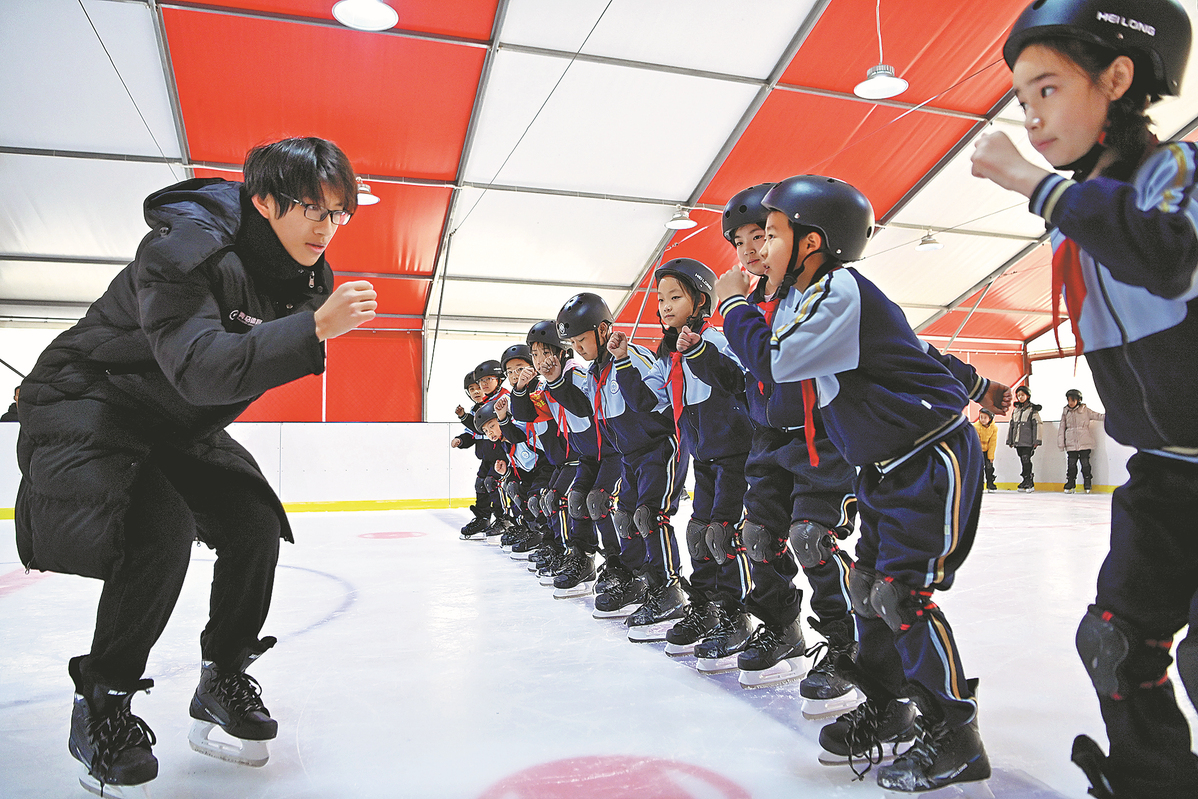
True national games
Thirty delegations out of 35 represented in Inner Mongolia won at least one medal, according to official results as of Sunday. The number is up from eight provinces and municipalities that had athletes finish on podiums at the previous national games in 2016.
A joint talent development program, which was designed to combine the financial strength of affluent southern provinces with the training expertise and resources in the country's north, was put in place for the national games and earned credit for leveling the playfield.
Under the program, an athlete was allowed to represent two delegations if coaching, financing and technical support were shared between provincial teams. Each medal won was counted for both delegations involved in the athlete's development.
"Sure, we'd like to encourage everyone to cultivate talent on their own, but the joint program works well for sparking greater interest in less-developed winter sports regions," Zhang said.
"The gap in winter sports knowhow and facilities between the northern and southern regions remains a challenge, but through this reform we are narrowing it to make the national games more competitive."
China's reigning Olympic champion snowboarder Su Yiming is an example of the success of the joint program. Su represented both Shanxi and Sichuan provinces at the games, winning a pair of gold medals in the Big Air and slopestyle competitions.
"It's been quite healthy competition for all the Chinese snowboarders to go all out against each other and motivate each other at the national games, which helps elevate the level of Chinese snowboarding as a whole," said Su, who became the first Chinese to win an Olympic snowboarding gold medal in the Big Air event at Beijing 2022.
The fact that Su was seriously challenged in Friday's final by runner-up Yang Wenlong from Anhui, an eastern province little known for its winter sports, shows that the gap between the best athletes and the chasing pack is closing fast.
"I am really excited to see so many young athletes express themselves and challenge their senior opponents at the national level. The future of Chinese snowboarding is in good hands," said Su, who turned 20 on Feb 18.
Most Popular
- An end to the 'Linsanity' as curtain falls on storied career
- Smashing his hoodoo
- Chinese rookie overcomes world No 1 to win first LPGA title
- Szoboszlai blast shoots down Gunners
- China's Fan falls short on Bundesliga debut as Saarbrucken suffers loss
- Building ping pong communities
















